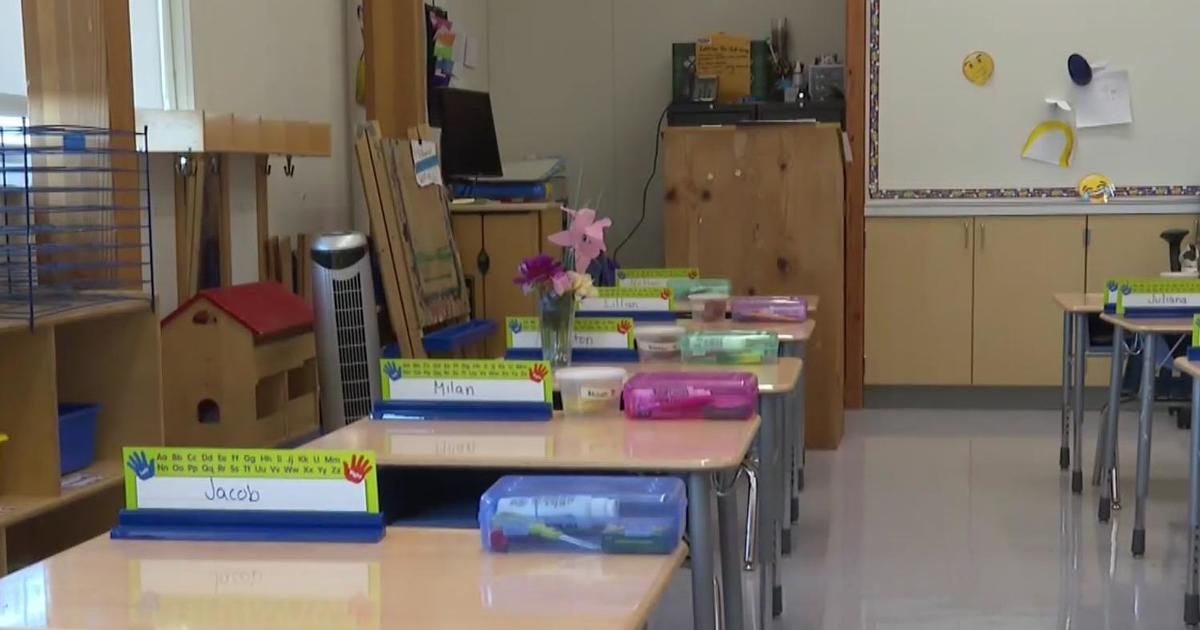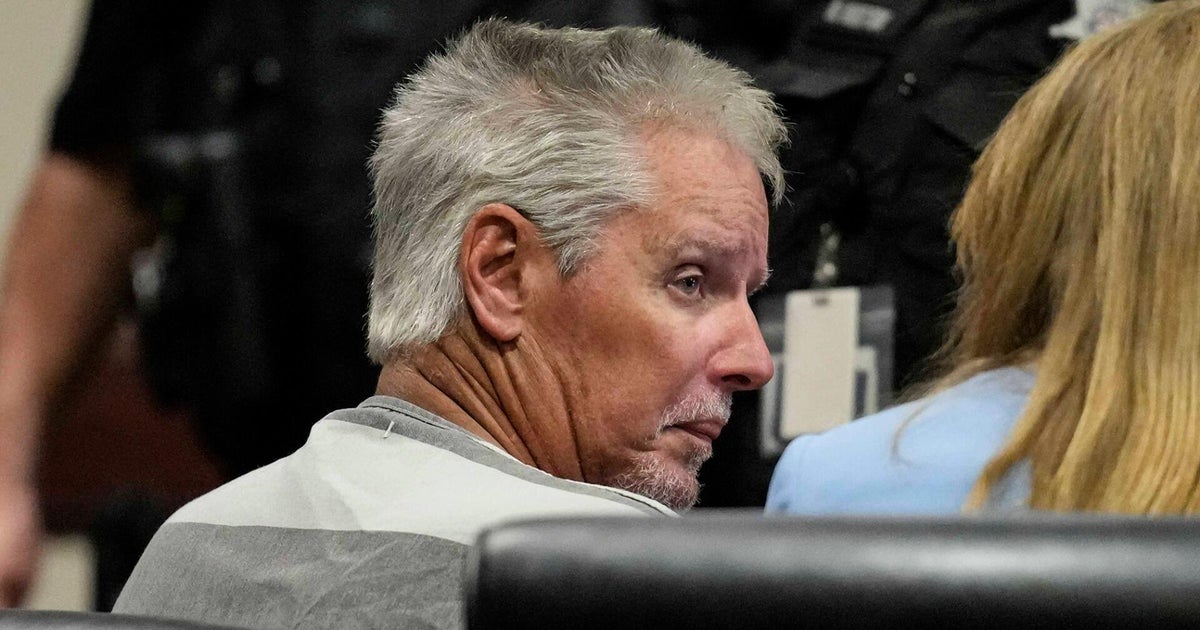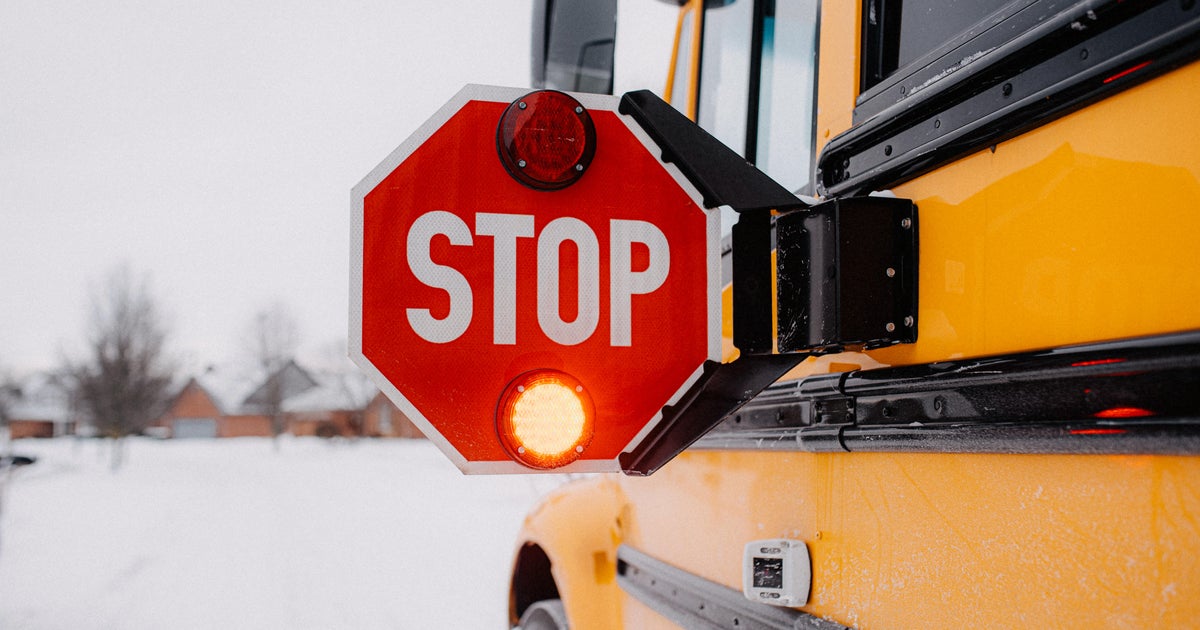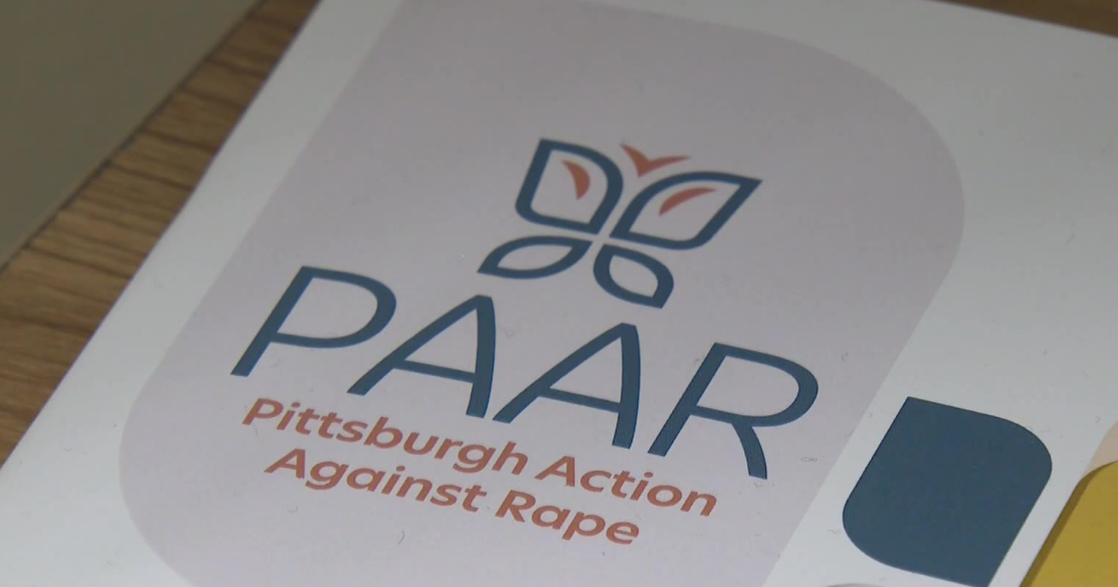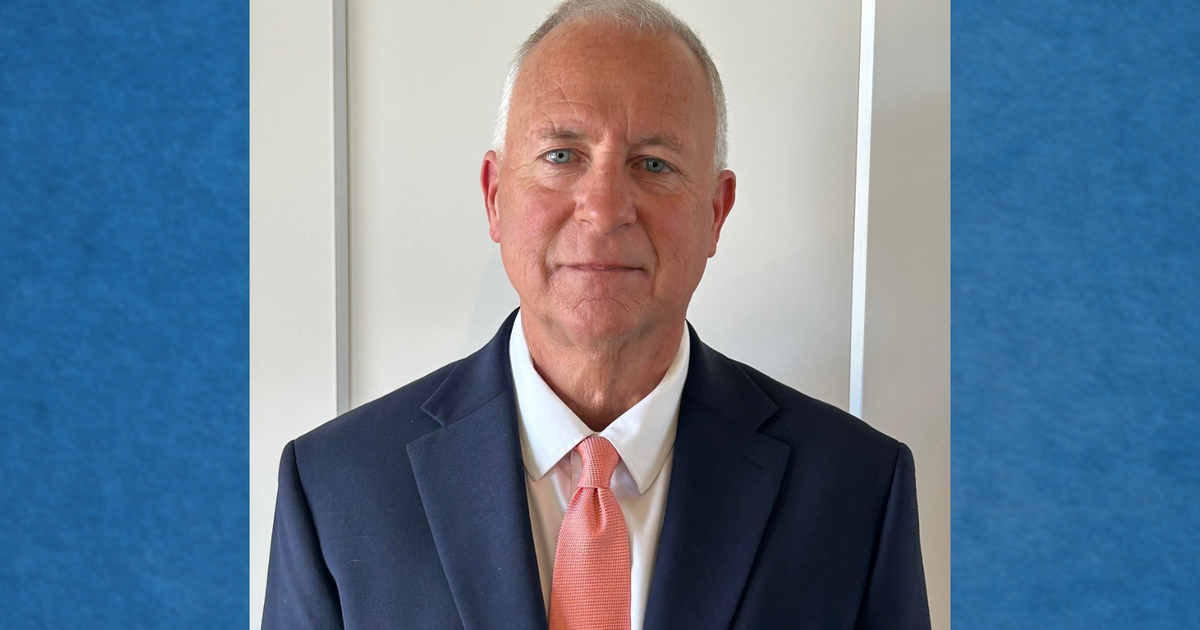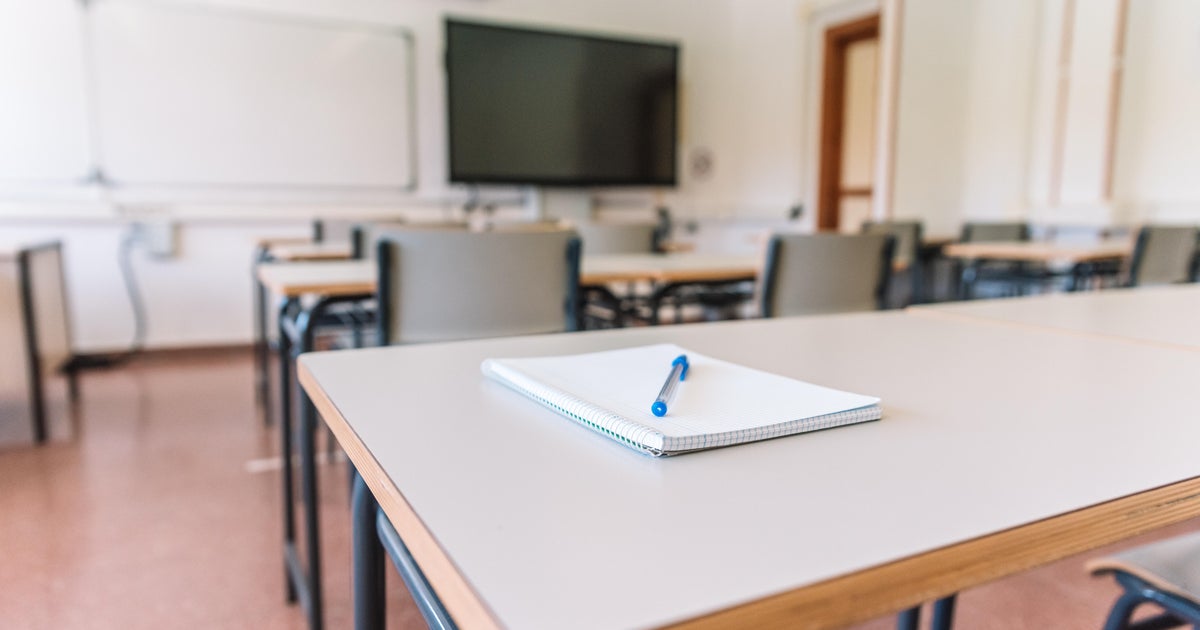Tips for Parents of High School Athletes
It may seem kind of obvious, but it’s certainly a conversation starter. While some teens are trying to separate themselves from their parents as much as possible, it is still important for parents to have their child know that they care. Everyone can benefit from positive reinforcement- even if they say they don’t want or need it. Parents can ask their teens about their sport, their goals, and how they can be supportive. Coach Jay thinks what teens are most concerned about is being embarrassed, either unintentionally or intentionally, by their parents in front of their friends, teammates and peers.
Despite what a teenagers may say, as long as parents don’t embarrass them, deep down they will appreciate their support. One way to show this is by showing up to games and cheering them on. Depending on a teen’s personality, the sport, and cultural norms, this may be a simple handshake combined with a “Congratulations, well done” spoken after the game vs. a “KNOCK IT OUT OF THE PARK!” yelled at the top of the parent's lungs during the middle of a game. If parents are not familiar with the sport, the culture, or their teen’s comfort levels, they should check with their son or daughter prior to the game. Parents just need to remember it is all about the teen - to avoid embarrassing him or her at all costs.
Coach Jay has heard that the quality of people’s lives is determined by the quality of their relationships. This has proven to be true over and over, especially in team sports. As a supportive parent knowing who the coach is - as well as who the other parents are - is the first step to building a mutually supportive community. Fathers or mothers can also volunteer as a team parent or ask the coach ways in which they can best help. This may include: preparing pre-game meals, providing record/score keeping, shooting in-season game time photography, writing a team newsletter, fundraising activities, and/or organizing post-season celebrations and awards.
Coach Jay says, "Remember rule #1?" Parents should not embarrass their teens. One of the easiest ways to violate this rule is by interfering the coaches' and officials' ability to do their jobs. If a child is playing a sport in which the parents are thoroughly knowledgeable and passionate about, they should ask the coach how best to make a meaningful contribution and ways in which they would be open to feedback. Most coaches are extremely grateful for volunteer assistance, and welcome constructive feedback. They volunteered or were hired for a reason. Parents should avoid getting in the way or making it difficult for them to do their jobs. In the event there is an unresolved problem with a coach or official after attempting to resolve it though the proper channels, parents should talk with the athletic director, or league directors, to inquire about the proper course of action.
Coach Jay has observed many student-athletes not getting enough sleep on day-to-day basis, which can have a negative impact on recovery and performance. Others have a tendency to sleep away the day. Supportive parents should acknowledge their teen's need for sleep, encouraging the performance-enhancing benefits of getting a good night's rest. Parents can even throw down a challenge to see how performance is affected when going to bed “whenever” vs. going to bed at a set time. Parents should also consider monitoring and recording behavior and performance goals over a designated period of time (1 week to 1 month).
Most teens (and parents) are addicted to sugar in some shape or form. As with sleep, parents can challenge everyone (including themselves) to keep a personal food journal for one week. This can be done by monitoring body weight, mood and energy levels and recording it at the end of the day. For teens trying to gain weight (muscle), Coach Jay recommends the mobile app, “myfitnesspal.” Student athletes trying to lose weight should consider trying the app “Lose It.” By experiencing the effects of Captain Crunch vs. a veggie omelet, it makes good nutrition easier to talk about for parents, and gives teens added motivation to take action.
The hardest part about eating healthy for both teen and adults is knowing what to eat as well as finding time to prepare the foods. Parents can start with the following link for free resources on healthy food choice, meal planning, and shopping suggestions: www.myplate.gov.
Once parents and their student athletes put together a weekly meal plan together, responsibilities are divided up between who will shop, who will cook, who will clean up and when everyone in the family can all share a meal together. Any of these activities performed together are opportunities for parents to inquire about their teen's sport, how their athlete is progressing, and how they can make a meaningful contribution.
Most athletic programs require a pre-participation physical examination prior to the start of a season. If a teenager has had a history of previous injury or physical inactivity, one of the best investments parents can make is to schedule a functional movement screening with a certified fitness professional. This type of physical examination will evaluate blood pressure, height, and weight, administer a functional movement screening to examine dynamic balance, stability, and range of motion, to identify where an athlete may be developing compensatory movement patterns. A directory of certified professional for a specific local area can be found here.
Historically, physical education programs in the U.S. have been largely responsible for developing the dynamic flexibility, good posture, core strength, coordination and motor control necessary for youths to participate in athletics at the high school level. In some cases, many physical education programs have been minimized due to budgetary cuts, while in others, coaches have not had adequate training in current sports medicine and strength and conditioning methods. Depending on the program, league, and level of competition, parents may consider having their teen work with a strength and conditioning professional.
A properly designed strength and conditioning program consists of pre-season, in-season, post season, and off-season preparation in order to prevent injury and enhance performance. Parents can check with their teen’s head coach or athletic director to inquire how these needs are being met. Many coaches and schools contract out with a certified strength coach if the services are not provided within the curriculum. Otherwise, parents can look for a professional with certifications from any of the following agencies: NSCA (National Strength & Conditioning Association), IYCA (International Youth Conditioning Association) and USAW (United States Weightlifting Association), to be sure their teen’s needs are being adequately met.
Randy Yagi is a freelance writer covering all things San Francisco. In 2012, he was awarded a Media Fellowship from Stanford University. His work can be found on Examiner.com.
